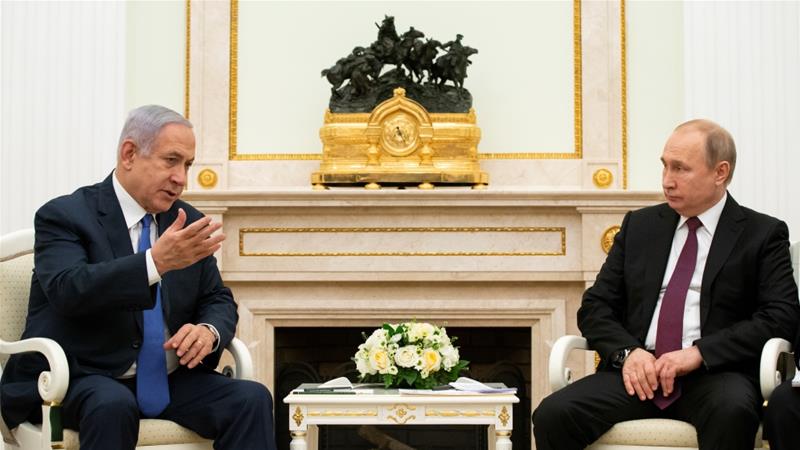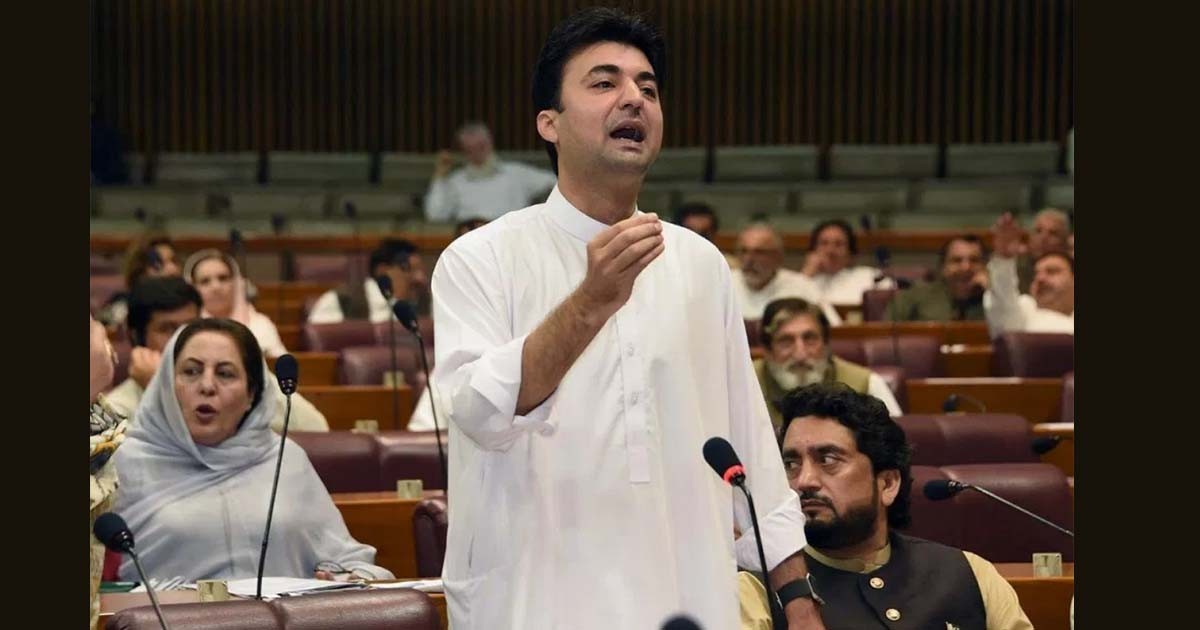Andrew Korybko |
Israeli Prime Minister Netanyahu’s meeting with President Putin last week was very significant.
The “Israeli” premier traveled to Moscow to meet with the Russian leader and discuss issues of pressing international importance, with reports stating that Syria and Iran were high on the agenda. As could have been expected, no concrete details of their talks leaked to the public, but what was already released is significant enough. Russia and “Israel” are very close partners, and this extends to Moscow entering into a so-called “deconfliction” agreement with Tel Aviv so as to avoid any unnecessary clashes above Syrian airspace.
“Israel” has also been insistent about setting up a de-facto “safe zone” or “buffer zone” along the occupied Golan Heights using Syrian-based proxies under the pretext of preventing Hezbollah and the IRGC from approaching its borders, and it’s likely that the practical formalization of this project was discussed with President Putin in the context of the “Syrian National Dialogue Congress” that began in Sochi that day.
The timing of Netanyahu’s sudden trip to Moscow indicates that it was largely motivated by him wanting to tell President Putin “Israel’s” preferred vision for a post-war Syria that he thinks could most effectively mitigate Iran’s influence in the country.
This brings the analysis along to discussing that symbolic backdrop. In a strong sign of the privileged value that Russia attaches to its ties with “Israel”, President Putin chose to meet with Netanyahu instead of attending the opening of the event that he himself originally conceived of last fall. It also speaks to the “Israeli” Prime Minister’s perception of this conference’s importance that he felt the need to urgently meet with President Putin on the day that it began in what can only be speculated was a bid to influence its outcome.
Read more: Erdogan Vs. Netanyahu
Of course, Russia had always maintained that it’s simply providing a neutral forum for Syrians to jumpstart the implementation of UNSC Res. 2254’s stipulated constitutional reform and the organization of new elections, so officially speaking, Moscow doesn’t want to interfere in this strictly internal process. Having said that, “Israel” may have thought the opposite and believed that it could lobby Russia to support some of its desired interests.
But whether or not he ultimately succeeds in getting what he wants or is even capable of influencing events through his partnership with Russia is altogether another matter entirely.
As was explained, “Israel” wants to “contain Iran” in Syria, and this could best be achieved through the strengthening of its so-called “buffer zone” near the Golan Heights brought about by this territory’s semi-“formalization” as a separate political unit in a future “decentralized” Syria.
Read more: Saudi-“Israeli” Leaks: Collusion Or Opportunism?
Relatedly, the centrifugal forces that have torn Syrian society apart over the past 7 years might make this “solution” inevitable in the sense that the country’s geographic-military divisions could crystallize if “decentralization” is included in its new constitution, which could inadvertently lead to the establishment of unofficial “spheres of influence” as external parties rely on their Syrian proxies to promote their interests in these prospectively formed administrative areas.
Having said that, “Israel” may have thought the opposite and believed that it could lobby Russia to support some of its desired interests.
That’s not to suggest that “decentralization” in and of itself is an “Israeli” or any other foreign plot, or that Russia is promoting this possibility in order to please Netanyahu or anyone else, but just that it’s nevertheless in Tel Aviv’s interests to see this happen.
The timing of Netanyahu’s sudden trip to Moscow indicates that it was largely motivated by him wanting to tell President Putin “Israel’s” preferred vision for a post-war Syria that he thinks could most effectively mitigate Iran’s influence in the country, but whether or not he ultimately succeeds in getting what he wants or is even capable of influencing events through his partnership with Russia is altogether another matter entirely.
DISCLAIMER: The author writes for this publication in a private capacity which is unrepresentative of anyone or any organization except for his own personal views. Nothing written by the author should ever be conflated with the editorial views or official positions of any other media outlet or institution.
Andrew Korybko is a political analyst, journalist and a regular contributor to several online journals, as well as a member of the expert council for the Institute of Strategic Studies and Predictions at the People’s Friendship University of Russia. He specializes in Russian affairs and geopolitics, specifically the US strategy in Eurasia.














